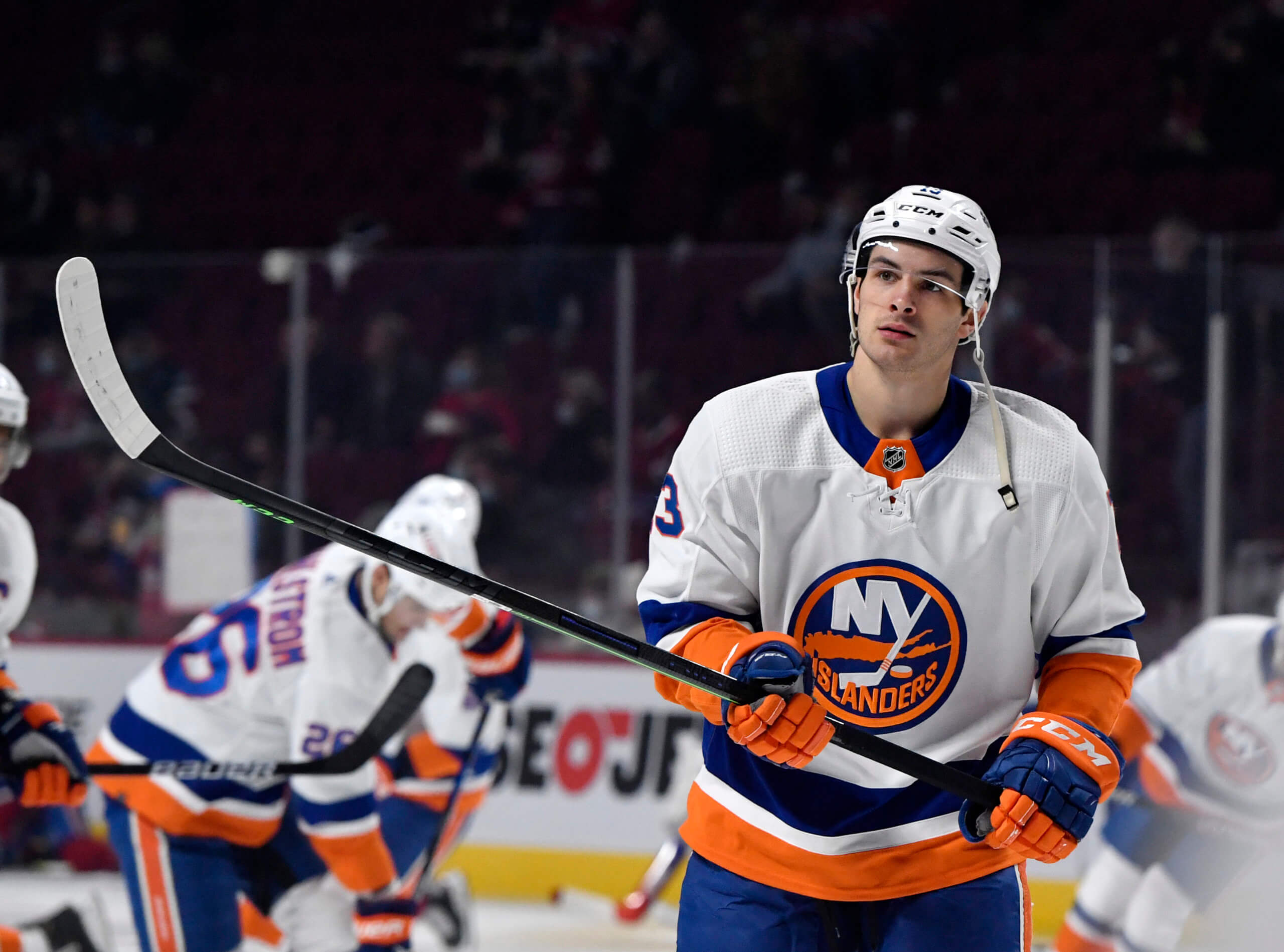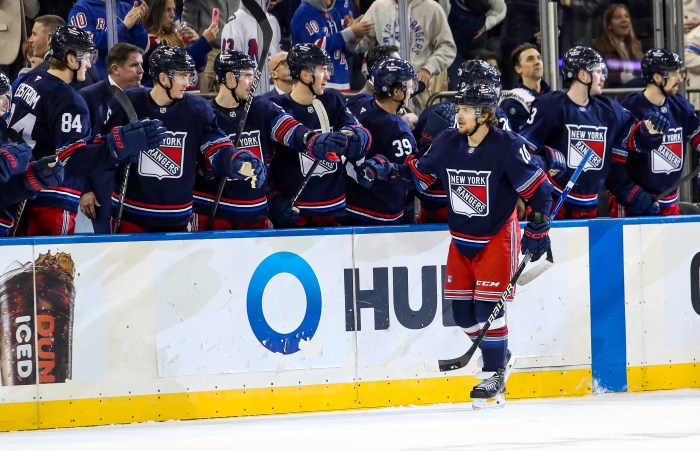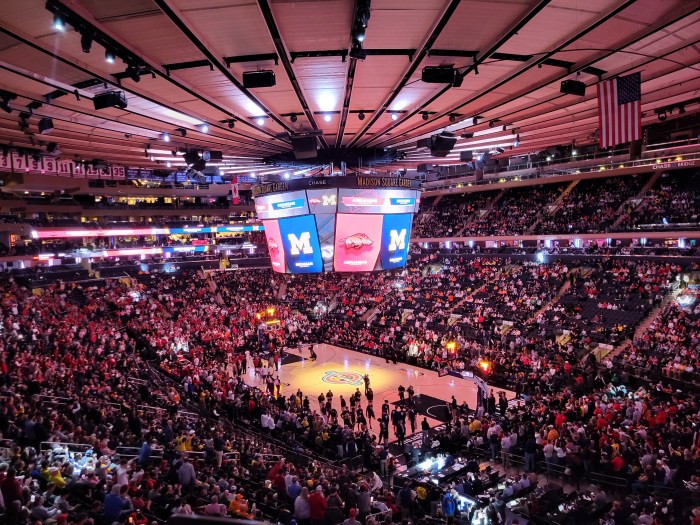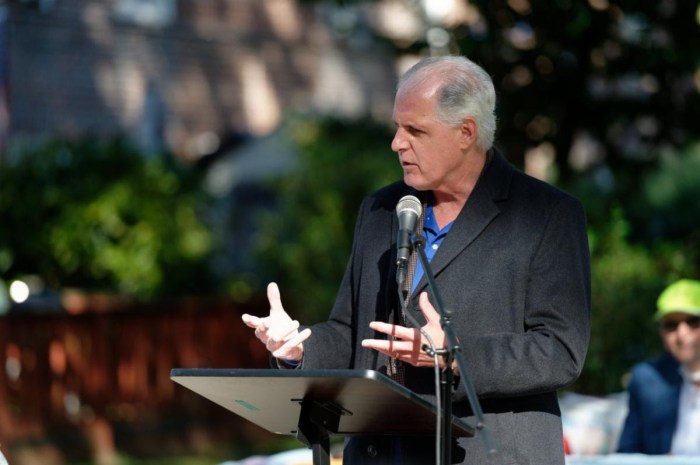It didn’t take long for Mathew Barzal and his New York Islanders to hone their focus on next season.
Following the final buzzer of their regular-season finale Friday night, officially ending a first season without playoff hockey since 2017-18, the talk in the locker room quickly shifted to 2022-23.
“We were already talking about bouncing back and where we know we need to be,” Barzal said. “When you see that quick turnaround in us wanting to have a winning mentality and not worrying about plans this weekend — the chatter was all about getting better next year and taking this long offseason and getting stronger.
“We got competitors here and guys that want to win. I think it’s how this group is built within our locker room. Not happy with how the season went, where we’re at. We want to be competing for the Stanley Cup every year… This group is already excited to get back.
The end of the disappointing 2021-22 season also ushers in the eligibility of Barzal for a long-term contract extension. Next season is the final of his current deal — and the star centerman has no plans of leaving Long Island any time soon.
“I’ve given thought to it. I’d love to be here on the Island,” Barzal said. “This is home. This is where I want to be. This is where I want to win. I love my life here. I love the city, the fans.
“Obviously our new rink is amazing and I love wearing the blue and orange. I’d love to sign long-term here. It’s such a cool thing when a player plays his whole career with one team. A lot of my favorite athletes have done that and it’s something I’d like to follow in as well.”

That’s music to Islanders fans’ ears, who still have the unease of the John Tavares situation in which the former captain spurned his team in free agency to sign with the Toronto Maple Leafs still in the back of their minds.
From a statistical standpoint, though, Barzal had his worst season as a pro with just 15 goals and 44 assists (59 points) in 73 games that included absences due to COVID and injury.
Normally cemented as the team’s first-line center, an inability to create an effective partnership with a combination of Islanders’ wingers played a part in the 24-year-old’s regression, including a shift to the second line behind Brock Nelson, who posted a career-best 37 goals in 72 games.
“Disappointed that things didn’t click as quickly as I wanted to,” he said. “With guys going down with COVID, guys getting hurt, it was going to be tough to find that chemistry… Just unfortunate we couldn’t get more pucks in the back of the net.”





































